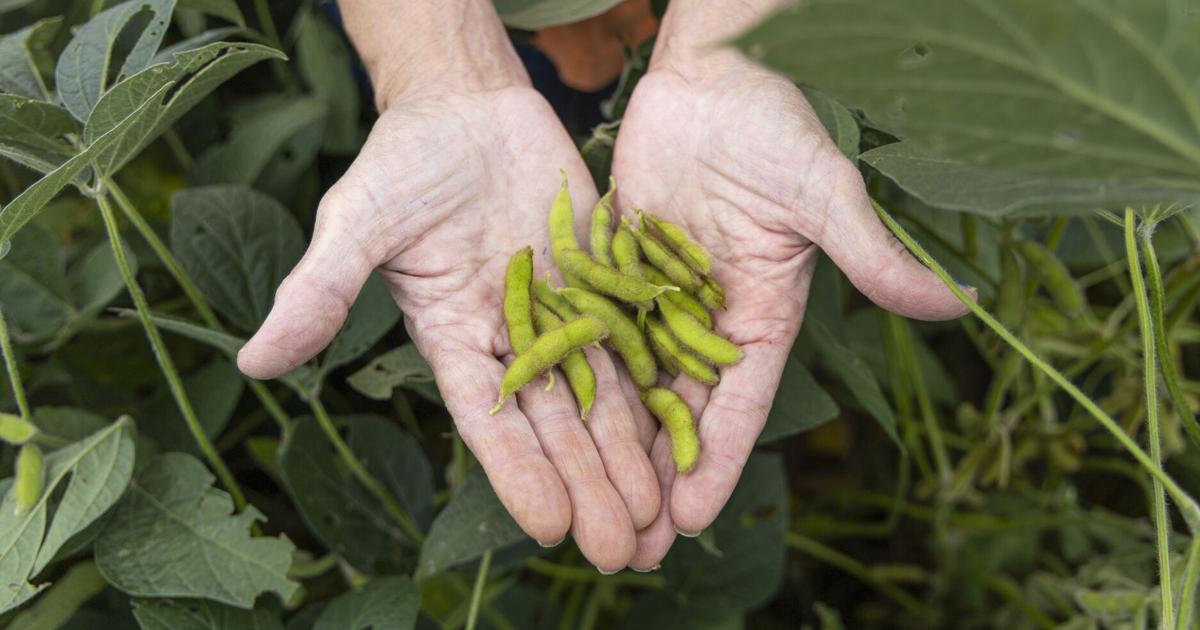The agricultural sector is grappling with significant challenges, as producers navigate a market environment that many describe as unfairly structured. Farmers and food producers in Nebraska, among other regions, are increasingly voicing concerns about the dynamics that dictate pricing and access to resources.
Experts suggest that a lack of transparency in the food supply chain contributes to a sense of inequity. With prices fluctuating and production costs rising, many producers feel they are playing a losing hand in a system that seems rigged against them. This sentiment resonates with the age-old poker adage about identifying the “patsy” in a game. If a player does not recognize who is disadvantaged within the first twenty minutes, they themselves may be at risk.
Market Trends and Producer Struggles
Current trends indicate that family-owned farms are facing increasing pressure. According to reports, many small producers are struggling to keep pace with larger agricultural entities that dominate the market. The disparity in resources often leaves smaller operations at a disadvantage, leading to fewer local options for consumers.
In Nebraska, a family-owned meat store is relocating to Lincoln Air Park, echoing a broader trend of local businesses adapting to changing market conditions. This move is seen as a strategic step to maintain competitiveness within a challenging landscape. The importance of community support for local agriculture is underscored by these developments, as consumers increasingly seek out regional products.
As the Nebraska Corn Board continues to advocate for local farmers, the ongoing conversation about market fairness remains critical. Many producers are calling for reforms that would better support small farms and provide a more equitable playing field.
Broader Implications for the Food Industry
The impact of these market dynamics extends beyond local producers. Major retailers, including Walmart, are also feeling the effects. Recent incidents, such as a teenager attempting to exploit a fake barcode scheme at a Walmart location, highlight the complexities of pricing and consumer behavior in today’s market.
With inflation affecting various sectors, consumers are becoming more price-conscious, which in turn affects producers’ ability to sustain their operations. The situation is further complicated by political factors, including debates surrounding Nebraska’s ‘Blue Dot’ designation, which has garnered attention from local activists.
In the world of sports, discussions surrounding Matt Rhule, head coach of Nebraska’s football team, have also surfaced. As he navigates the challenges of leading his team amid speculation about future prospects, the parallel struggles of local farmers serve as a reminder of the interconnectedness of community resilience.
The agricultural industry is at a crossroads, and the need for reform is becoming increasingly evident. As producers advocate for a more transparent and equitable market, the voices of local farmers will play a crucial role in shaping the future of food production in Nebraska and beyond.
